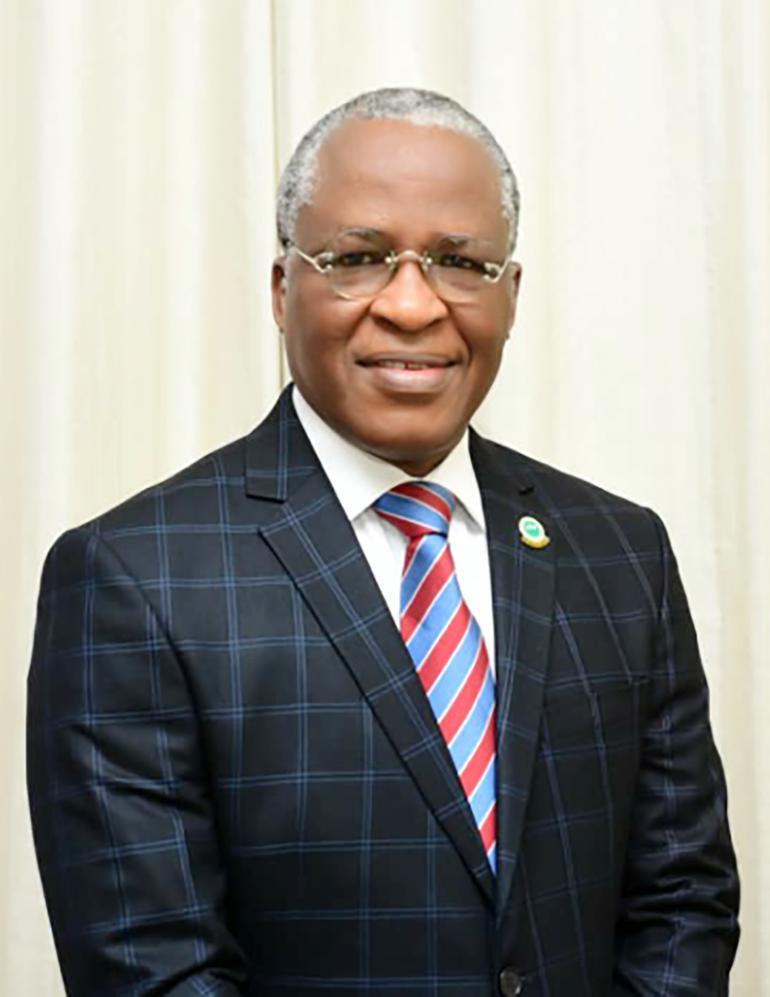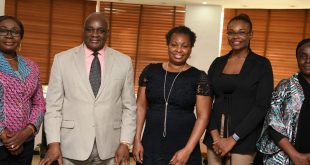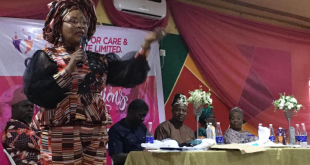…Says Lagos inches towards metacity
Funsho Akanbi

As Lagos city moves beyond being a megacity to a metacity, an expert has called on the state government to begin pragmatic physical and urban plans to enable the state to cater for the needs of an estimated 4o million residents by the next 25 years.
According to the expert, the term ”metacity” which was coined in 2006 by the UN-Habitat as massive sprawling conurbations of more than 20 million people, was more appropriate to describe Lagos since the term megacity – is used to describe cities of over ten million people.
Speaking at the Nigerian Institute of Architects, NIA, Lagos State Chapter, Architects Forum 2021, the National President, Nigerian Institute of Town Planners, NITP, Mr Olutoyin Ayinde, said that there is an urgent need for the state government to take the issue of planning seriously to meet the future needs of the city.
Ayinde, a former Lagos State commissioner for Physical Planning and Urban Development, said that planning must precede development, saying “Any time development precedes planning as it happens in our clime, the result can only be chaos. The relationship between planning and development is similar to thinking and speaking. The sequence is what one thinks before one speaks.
“The good book says, “Do you see a man who speaks before he thinks? There is more hope for a fool than for him”. By inference, do you see people who develop before they plan? We can all guess what the implication is.”
He called for an urgent need for stakeholders to meet to discuss the future of the City of Lagos and as well as many other cities and communities, saying that the City of Lagos in the next twenty-five years would probably be playing host to 40 million population or more.
“On which land would those forty million people reside? Where would they work? What sort of transportation systems would connect people and places? Would every millimeter square be occupied with bungalows and low rise buildings or would we need to go high rise only so that we can make more land available for landscaping and open spaces? What would be the cultural disposition of such phenomenal changes required to make the City functional? We’re in for a long haul of regeneration and the conversation must begin now. Let’s quit the jokes about housing estates and plots of land that promise incentives for rams and holiday trips. Whoever is accommodating these concepts cannot be thinking of Lagos, and indeed the whole of Nigeria, in the next twenty-five years.
“I believe that the Regional Plan would help us in addressing the status of the land resources of Lagos. Do we truly have sufficient land to give us that freedom to develop low rise buildings? Until we embark on studies to prepare the requisite plans we might be groping in darkness. To evolve a functional, livable and sustainable city of Lagos in twenty-five years, we need to put our act together. Truly, some plans are being prepared now, however, there is need for harmony and to have the future in mind. When I say the future, I am looking beyond twenty-five years from now. We must be prepared for development and redevelopment in the future to meet the growing demands.”
The town planner added that ordered development is achieved only through planning, and following through to ensure the implementation of the plans. He said that the sequence in organized cities and communities is that planning precedes development, adding that any time development precedes planning as it happens in our clime, the result can only be chaos.
According to the NITP President, the relationship between planning and development is similar to the difference between thinking and speaking. He added that the sequence is that one thinks before one speaks.
His words: “Improving the Cityscape of the City of Lagos would start with physical planning, and this is a multi-stakeholder assignment led by urban planners, not because they are the lords, but because they are privileged to bring all stakeholders together, including professionals in the construction industry sector, because every profession has invaluable contributions to make. There are professions not listed as part of the construction industry sector, but whose roles can never be undermined, such as finance and ICT, to mention a few.
 The Story Your path to the story
The Story Your path to the story













